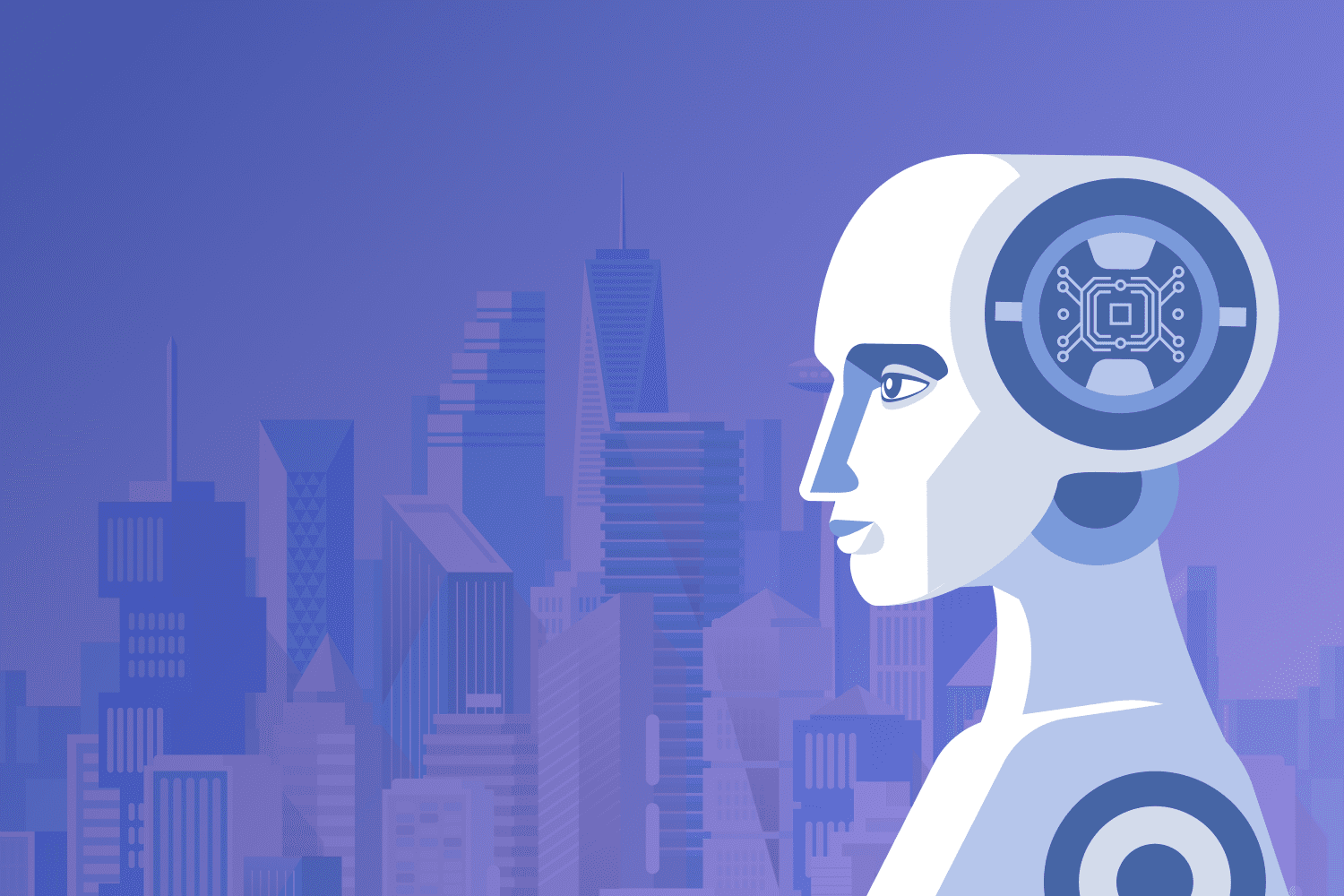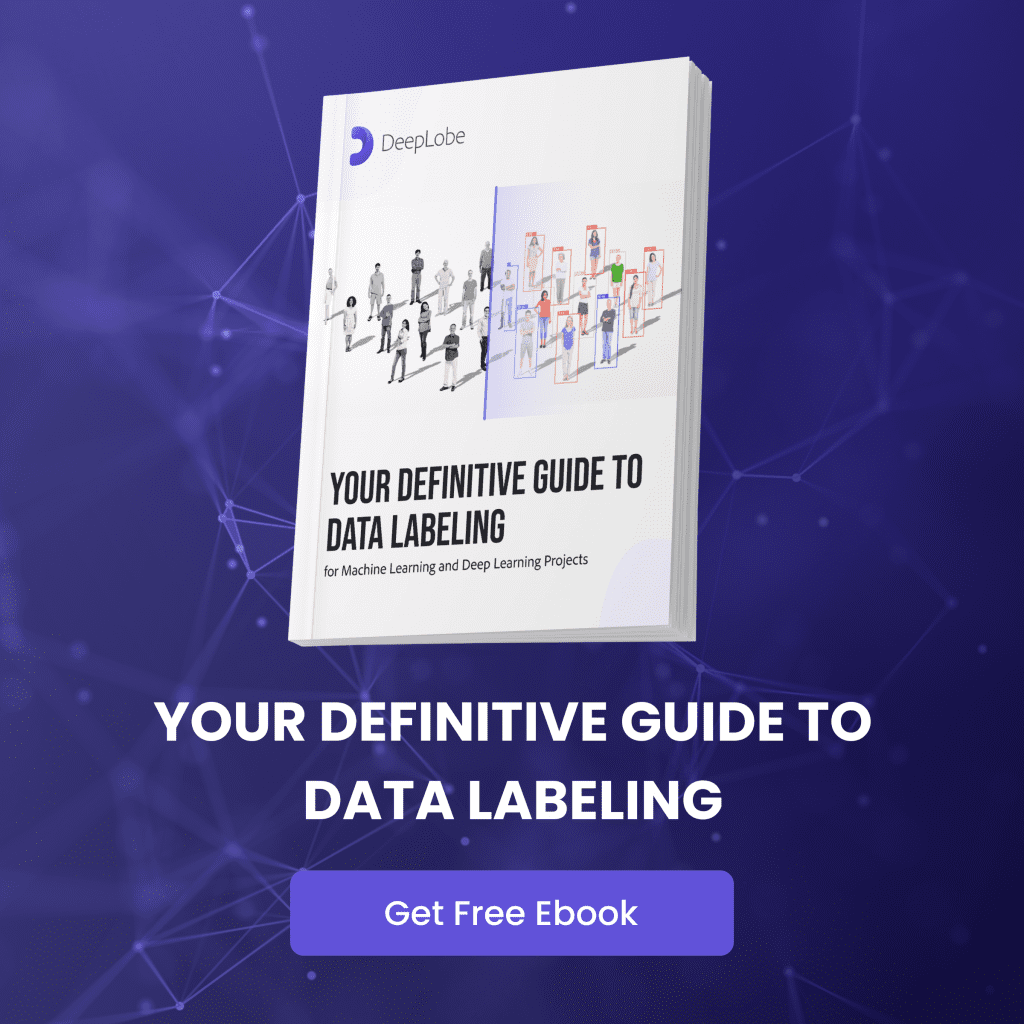
DeepLobeJanuary 11, 2021Artificial Intelligence , Computer Vision
Smart cities are a new-age revolution to maximize the utilization of technology, optimize the consumption of natural resources, and human capital to fuel sustainable economic growth and participatory governance. Smart cities are mostly employed across highly populated urban areas in major countries. For instance, these cities adopt a combination of cameras, sensors, and artificial intelligence to ensure constant monitoring along with their smooth and efficient working. This results in the emergence and adoption of smart business models and smart enterprises that depend on advanced technologies like artificial intelligence(AI), machine learning, computer vision, web technologies, telecommunications, etc.
Stakeholders In The Governance Of Smart Cities
Markets and Markets expect that the market for global smart cities will grow from USD 410.8 billion in 2020 to USD 820.7 billion by 2025.
The governance of smart cities includes various stakeholders – including the government, citizens, the public and private sectors, etc – that take part in the planning and decision-making of processes, development of initiatives, and collaboratively address the problems with the right technology.
Role of Technology
Smart cities are an amalgamation of information, infrastructure, and technology, with each efficiently playing their respective roles in creating and developing a clean and energy-efficient place that enables quick and easy access to products and services along with digitization of services. Smart cities usually depend on Information and Communication Technologies (ICT) to ensure two-way communication between the government and the citizens.
With the advent of big data pouring in from every nook and corner of almost all the vertices of industries, harnessing the data with the right technologies becomes crucial. Technologies like cloud, artificial intelligence, machine learning, the internet of things, 5G, blockchain, aerospatial, etc, have substantially unrealized potential in improving the urban quality of life.
A detailed analysis of how artificial intelligence, machine learning, and computer vision technologies – integrated with the internet of things and other technologies – help create sustainable and smart cities is discussed further in a different section of this blog.
Role of Government
Deloitte lists out the roles of government in its study on how technological advances are shaping the cities. According to this study, for any smart city to build a capability framework and maturity model requires a government that meets six vital roles mentioned below:
- Strategist & advocate – where the government sets out a clear direction on the vision, ambition, and a framework to realize them. It also advocates as an innovative hub for new businesses.
- Director & regulator – where the government creates or changes the laws to allow new business models, simultaneously protecting the interests of these new disruptive entries along with those of citizens.
- Connector & protector – where the government procures, secures, sets standards, and takes measures to make modern infrastructure, energy grids, advanced technology, and other digital networks more safe and resilient.
- Innovator & investor – where the government encourages and stimulates innovation within the organization and processes by acting like a launching customer.
- Steward – where the government encourages and helps in creating an environment for new and smart businesses to emerge and grow.
- Solution enabler – where the government builds ecosystems or responsible commissions for gathering all the potential parties to create and deliver creative new solutions that neither of the parties could have achieved independently.
Role of Citizens
Deloitte reports that the citizens engage with the city government in six different roles that are vital for a successful strategy.
- As a voter, the citizen elects politicians who have a clear vision and meet the expectations and promises they made.
- As a customer, the citizens expect a good quality of services to be rendered to him/her.
- As a subject – where the citizens expect the right balance between personal freedom and enforcement of law & order to be ensured by the government.
- As a partner, the citizens expect the government to take the citizen’s role seriously in policy creation, planning and economic development, social services, and education.
- As a resident – where the citizen expects his/her residence to be well equipped and connected with transportation and other services, with well-maintained cleanliness and greenery.
- As a taxpayer – where the citizens expect the government to spend the tax money wisely and efficiently.
AI & Machine Learning For A Better Livable Future
The application of technologies like artificial intelligence and machine learning have integrally become a crucial element in several industries. The technologies that drive smart cities are required to process huge amounts of data from various sources and extract information for maintaining a healthier environment to advance public transport and safety. AI with machine learning algorithms and IoT collects data from numerous source points, processes it, conveys it to a central server for further implementation. Once this intelligence is collected, it should be utilized to make a city smarter.
Smart traffic management
Today almost every smart city is either using or planning to use AI in monitoring and mitigating traffic density and accidents. Computer vision-powered cameras and sensors installed at various locations like parking lots, traffic signals, etc., use AI to collect intelligence for the government to efficiently plan their progress and development initiatives. AI keeps counts of all the pedestrians, vehicles, or any other movements while monitoring their speeds. The Computer vision-powered cameras and sensors integrated with machine learning algorithms can carry out facial recognition, process satellite data and images to establish and discover patterns that are important for the planning and development of the city.
Healthcare
AI offers innumerable possibilities for the healthcare industry. Right from managing medical records(EHRs), patient history, fixing online appointments in government and private hospitals, checking bed status, diagnosis, smart inventory management of the medical supplies, to surgical assistance, AI and its related technologies help not just in curing the ailments but also in preventing them through early detection and predictions.
Smart security and surveillance
Advanced cameras and sensors powered with AI and machine learning keep an eye on the surroundings to enhance the security levels across the city. With face recognition and object detection, these cameras can recognize people and their faces along with tracking any unusual activities done by them in restricted areas. The high-resolution cameras can also track the license plates of the vehicles and correlate them with the historic data available from different departments of the city while the police can predict the category and intensity of the crimes by monitoring these activities.
Smart waste management system
Cities gather large amounts of waste (in the form of solid, liquid, gas), and disposing of these is a tedious and challenging task for the authorities. Waste management is the disposal and demolition of such waste in an effective, efficient, and environmental-friendly manner by recycling and landfilling. A smart waste management system is one of the most prevailing solutions in managing garbage and keeping the environment clean and hygienic. AI, deep learning, and IoT provide an agile solution in classification and real-time data monitoring. AI-powered cameras and sensors help track the garbage, sort them as digestible and indigestible waste using Convolutional Neural Networks (CNNs) bringing a significant impact on many factors that both, citizens and authorities, care about – from cost and efficiency, improved sanitation, reduced vehicle emissions, mitigating air pollution, etc.
AI, machine learning, computer vision, and IoT technologies play a crucial role in urban planning, management, and development of advanced security systems, traffic monitoring, waste management, and disposal. Authorities need to collaborate with startups and innovators, from the public and private domains, to come up with effective solutions that make societies more secure, liveable, enjoyable, and comfortable. If you are looking for one such collaboration with a startup that takes into account the unique implications of AI, and navigates data privacy and AI risks with good governance measures, feel free to connect with DeepLobe – a no-code AI platform for your Computer Vision and NLP requirements.
